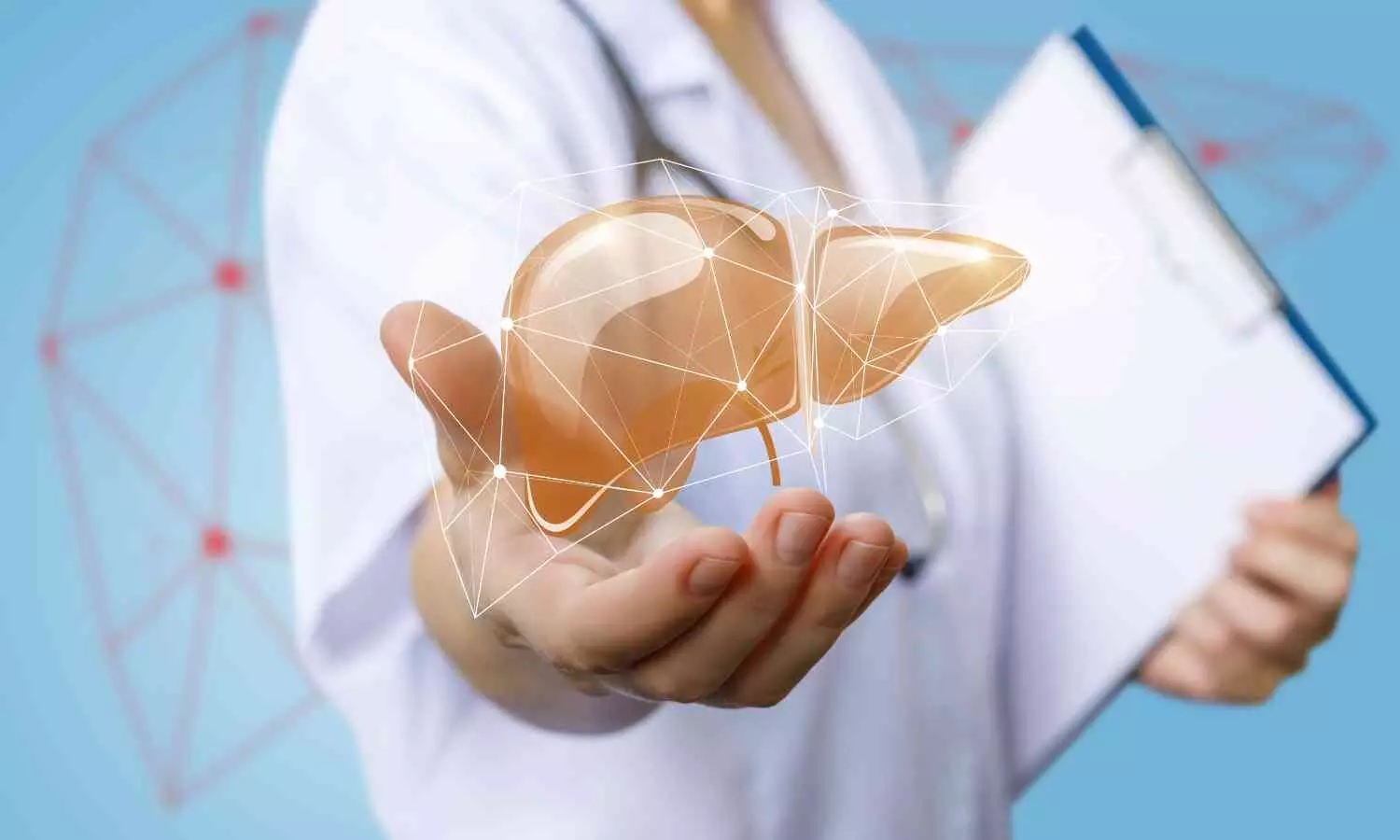Space-Based Liver Tissue Engineering Could Transform Transplants

New Delhi: A project led by Dr Tammy T. Chang, a professor of surgery at the University of California, San Francisco, aims to transform liver transplantation through research conducted aboard the International Space Station (ISS).
The study uses the microgravity environment of low Earth orbit (LEO), below 1,200 miles (1,931 kilometers), to develop the self-assembly of human liver tissues. This could provide an alternative to traditional liver transplants by creating complex, stem cell-derived liver tissues.
The Chang Laboratory’s technique allows cells to organize without artificial matrices, resulting in more physiologically accurate tissues.
Dr Chang stated, “Our findings indicate that microgravity conditions enable the development of liver tissues with better differentiation and functionality than those cultured on Earth.” This process aims to create viable liver implants that could replace or support traditional transplants.
Central to this project is a bioreactor, called the "Tissue Orb," designed to enable tissue self-assembly in space. It includes artificial blood vessels and automated media exchange, simulating blood flow in human tissues.
The research also focuses on developing cryopreservation techniques for the safe return of engineered tissues to Earth. The next phase will test isochoric supercooling, a preservation method that keeps tissues below freezing without causing damage.
Dr Chang noted, “Our goal is to develop robust preservation techniques that allow us to bring functional tissues back to Earth, where they can be used for a range of biomedical applications, including disease modeling, drug testing, and eventually, therapeutic implantation.”
The study is supported by the National Science Foundation (NSF), the ISS National Laboratory (ISSNL), and NASA’s Translational Research Institute, with plans to launch the experiment in February 2025.
Co-authors include Dr. Juan C. Reyna, Dr. Anthony N. Consiglio, Alan Maida, Dr. Maria Sekyi, and Dr. Boris Rubinsky. Findings will be presented at the American College of Surgeons (ACS) Clinical Congress 2024 in San Francisco, California.
By exploring novel tissue preservation and functionality, this research represents a crucial step toward the future of liver transplantation and space-based biomedical innovation.


